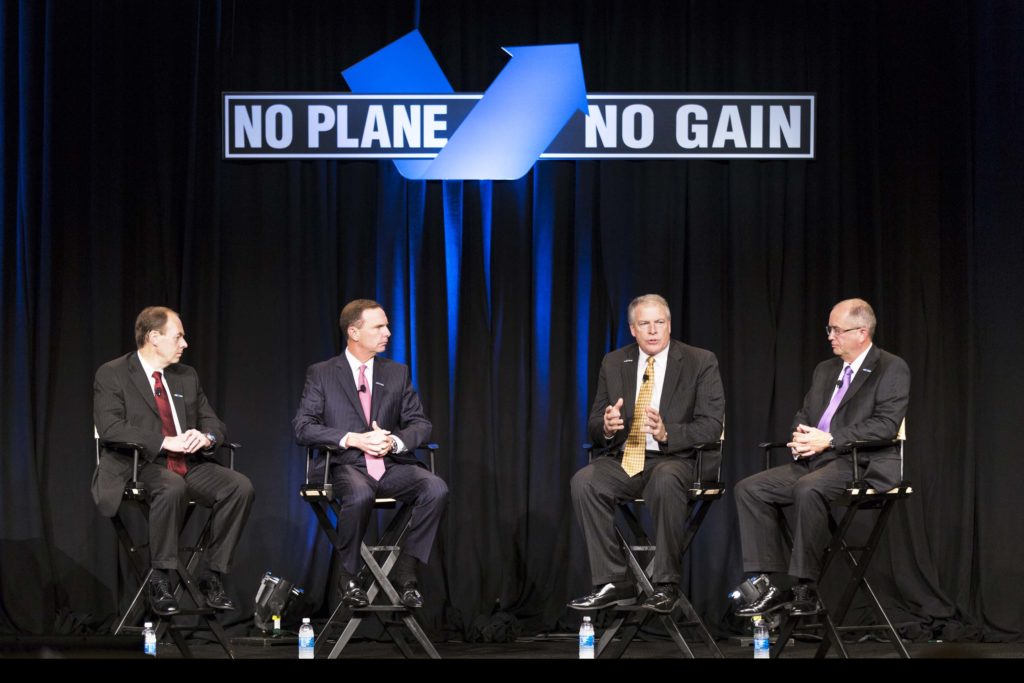Business aviation stands united


First, the current US national airspace system has earned a well-deserved reputation as the most efficient ATC network in the world, as well as the safest. Where privatization is the model in various countries, it is clearly a far from perfect model, and believes it would be counterproductive to upend a system in the US that already works so well on behalf of all users – business aviation, recreational flights, military, commercial, law-enforcement, humanitarian and other operations – across our country.
Handing over to a private entity the authority to determine who can fly, where and when, and at what cost, would not only put at risk the companies utilising business aviation to remain flexible and competitive in the international marketplace. It also threatens communities lacking regular airline service, which therefore rely on general aviation, including business aviation, for critical lift.

Over the past year, people in our industry have logged countless phone calls, emails and face-to-face meetings with their elected officials, to express unified opposition to ATC privatisation. Those efforts paid off, as legislation passed the House earlier this year to reauthorize funding for the US Federal Aviation Administration (FAA) without any call for the controversial scheme. At this writing, the Senate’s version of the bill – which also sets aside ATC privatisation – is under consideration.
Without question, this milestone was reached because NBAA members and others across the general aviation community made their voices heard on the issue. While this level of mobilisation has been key to our success, however, recent comments from congressional lawmakers, government agency leaders and even the White House give ample reason for NBAA, our members and others throughout general aviation to remain vigilant on the matter.


Addressing Ongoing Workforce Concerns
Of course, as we know, our challenges aren’t only those emanating from Washington, DC Workforce concerns remain another key issue affecting business aviation, and as I participate in industry gatherings across the country, one consistent theme raised, with increasing emphasis, has been the need to attract and retain the next generation of professionals to our industry.
I’m pleased to report NBAA and its members are working across several fronts on this important issue, including the promotion of mentorships as a proven method for encouraging and nurturing the development of current and future industry professionals. The effects from such mentoring relationships can be profound, as has certainly been the case in my own experience.
Further supporting this aim is the extensive series of Professional Development Program (PDP) courses offered by NBAA, and our accredited Certified Aviation Manager (CAM) program, which is open to anyone working in business aviation, in any position. NBAA also awards more than US$100,000 in annual scholarships for those seeking entry into our industry, or to advance further in their careers.
Each of these initiatives demonstrates how business aviation is not only a vital industry in our country; we are also a community prepared to respond both collectively and as individuals to the multitude of challenges confronting us.






